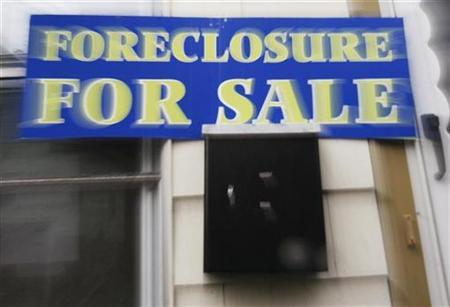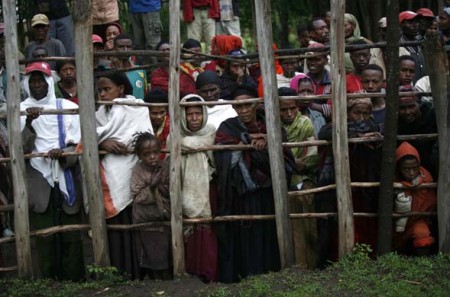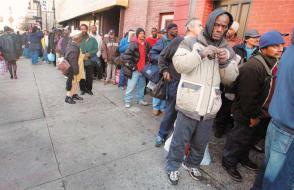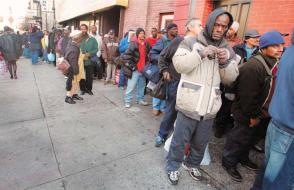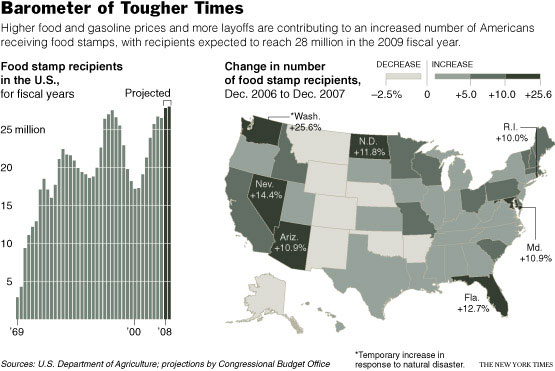– Older, Suburban and Struggling, ‘Near Poor’ Startle the Census (New York Times, Nov. 19, 2011):
WASHINGTON — They drive cars, but seldom new ones. They earn paychecks, but not big ones. Many own homes. Most pay taxes. Half are married, and nearly half live in the suburbs. None are poor, but many describe themselves as barely scraping by.
Down but not quite out, these Americans form a diverse group sometimes called “near poor” and sometimes simply overlooked — and a new count suggests they are far more numerous than previously understood.
When the Census Bureau this month released a new measure of poverty, meant to better count disposable income, it began altering the portrait of national need. Perhaps the most startling differences between the old measure and the new involves data the government has not yet published, showing 51 million people with incomes less than 50 percent above the poverty line. That number of Americans is 76 percent higher than the official account, published in September. All told, that places 100 million people — one in three Americans — either in poverty or in the fretful zone just above it.
Read more1 In 3 Americans (100 Million People) Living Either In Poverty Or Just Above It






